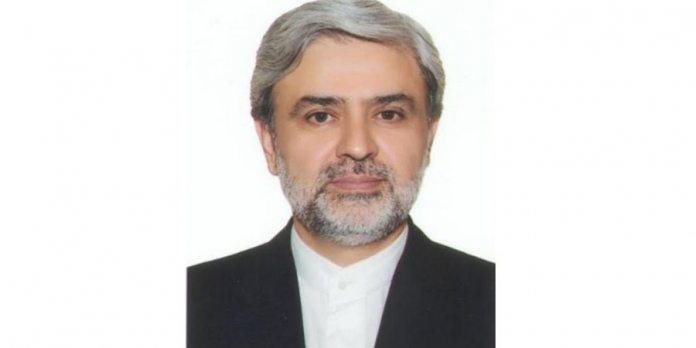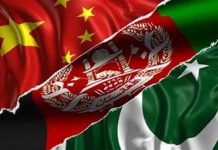Syed Mohammad Ali Hosseini
The story of JCPOA (joint comprehensive plan of action) is a well known diplomatic experience that according to many analysts is also the most distinguished example of peaceful settlement of disputes via diplomacy. In the importance of this breakthrough, it suffices to say that 10 years of breathtaking negotiations was dedicated to reach such international agreement that came to its legal strength with UNSC- Resolution 2231 in 2015.
Against many peace loving nations that were content of this pact, some warmonger and rabble- rouser countries besides the other deceived ones in our neighborhood, found the JCPOA agreement something perilous. Political change in the US and shift of power between the internal rivals in this country also added an extra weight to the anxious sides.
By getting closer to the presidential election of the US, Trump administration that considers itself on the verge of failure is looking for turning points to grab the vote of yet undecided or bargaining sections. In search of such determining points, many try and errors has occurred. Ann exation of west bank, normalization of the Covid- like Zionist existence in the region and increasing pressures on Iran in UNSC and IAEA are some of these examples.
Regarding the issue of I.R.Iran, US failures in its Iran-policy overlap its successes. The recent example of that is the last week story of UNSC that in a very humiliating effort, 90 percent of Security Council members didn’t accept US proposal for extending arm embargo on Iran and just the US itself and one non permanent member of the council (Dominican; that perhaps couldn’t resist) supported the resolution. This result had many lessons for the US administration to learn but they are still continuing their wrong path of imposing maximum pressure on Iran.
In a new move, US who unilaterally withdrawn JCPOA and expected the others to do so (but they didn’t), is trying to force the other participants of JCPOA to terminate this agreement by activating Snapback mechanism that was predicted in JCPOA itself. It looks very ridiculous that a country that is not any more a member of JCPOA insists on implication of Snapback provision predicted in it; something that we consider both illegal and illegitimate. Predicting a double defeat for Americans, they may resort to IAEA leverage to hit their expected pick, which may with Iran’s possible reaction, sacrifice IAEA high safeguard mechanism for Trump’s internal achievements.
Regardless of what US current administration is going to do in the case of I.R.Iran, the vigilant eyes in our region should be so considerate of the consequences of such short-sighted and election oriented hasty games. They should be thoughtful of Iran’s reaction to disruption of lengthy negotiated JCPOA. Anyhow, Iran will not remain passive if Snapback be activated or Iran peaceful atomic program (regardless of perfect cooperative background of Iran interaction with IAEA) be politicized again. Many options like withdrawal of NPT, withdrawal of Additional Protocol, conclusion of all commitments in JCPOA and etc can come on the table if Iran finds further patience nugatory.
Although Iran’s reaction may change from patience to synchronized reciprocal actions, there is one permanent element that will never change in Iranian positions and it’s the Iranian mindset of bully countering and unilateralism resisting. Regarding the fact that Haste makes waste, we didn’t exit from JCPOA when US did it and showed too much patience to check the other partner’s adherence. Regarding our sit-tight policy, even in the time of European weakness in implementing the agreement and even in the time that Iran was not benefited from the economic predicted provisions, we showed too much resistance and didn’t change our fundamental stance of negotiation-first. If today US is determined to break this patience, we are economic resilient, self reliant and credible enough to answer them.
The Writer is Ambassador of Islamic Republic of Iran to Pakistan.

















